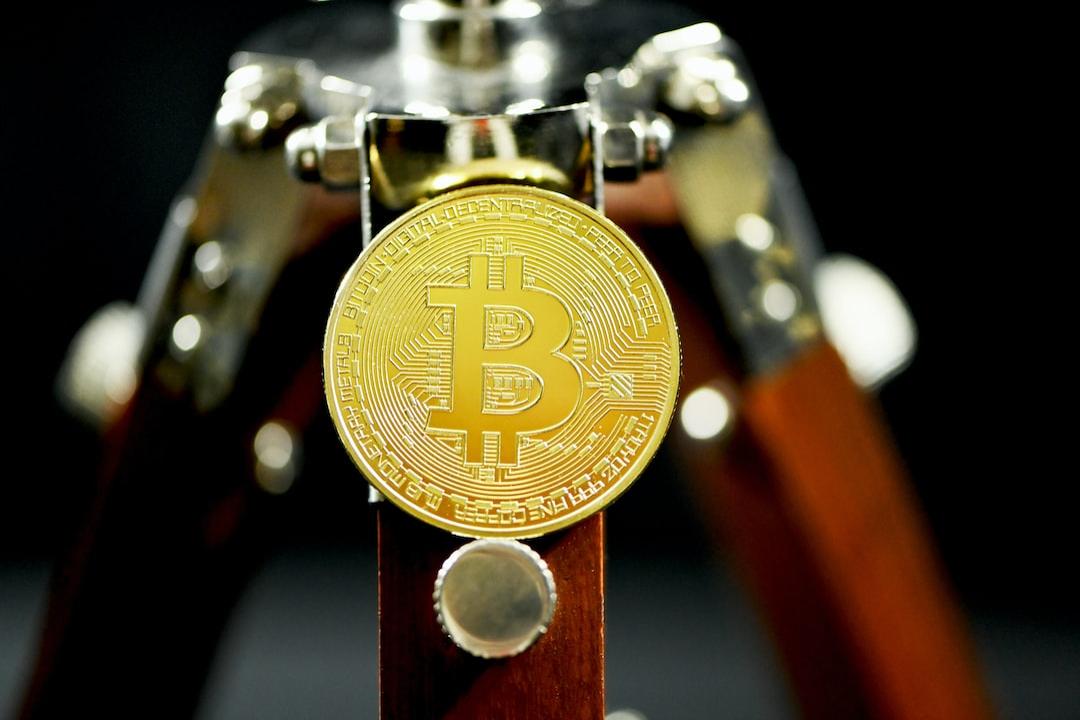Attorney John Deaton has taken a bold step to advocate for the interests of XRP holders. Deaton, who is also running for the U.S. Senate, has filed a motion to appear as amicus counsel in the SEC’s appeal against Ripple. This move has caught the attention of the cryptocurrency community, signaling a continued fight for the rights of token holders.
A Dual Role: Legal Advocate and Senate Candidate
Deaton’s motion, officially filed on October 23, 2024, in the Second Circuit’s docket, has surprised many observers, especially considering his active campaign for a Senate seat in Massachusetts. Despite the challenges of juggling a political race and legal responsibilities, Deaton has expressed unwavering dedication to the XRP community. In a statement shared by crypto journalist Eleanor Terrett on social media platform X, he declared, “I will not abandon what I started, regardless of my involvement in the Senate race.” This demonstrates his intention to prioritize the needs of XRP holders while navigating his political ambitions.
Confirmation of His Legal Role
Deaton has confirmed his plans to serve as amicus counsel in the SEC v. Ripple appeal. He highlighted his achievements during the district court proceedings, particularly the submission of nearly 4,000 affidavits from XRP holders. These affidavits played a crucial role in influencing the district judge’s decisions, especially in the context of the related LBRY lawsuit.
Deaton’s commitment to the cause is further emphasized by his pro bono contributions—he has not charged any fees for his efforts, showcasing his genuine dedication to advocating for XRP holders rather than pursuing personal financial gain.
Facing Political Challenges
Deaton’s involvement has not gone unnoticed in the political arena. Recently, during a Senate debate, his opponent, crypto skeptic Elizabeth Warren, criticized his support for XRP holders. However, Deaton remains steadfast in his mission, stating, “Someone needs to stand up for token holders. It is an honor for me to continue to be that person.” His determination highlights the challenges faced by advocates within the often contentious political landscape surrounding cryptocurrency regulation.
Legal Implications: Is XRP a Security?
At the center of Deaton’s argument is the classification of XRP as a non-security, a point emphasized by Judge Analisa Torres in her ruling. He argues that transactions involving XRP on platforms like Coinbase are legal, directly contradicting the SEC’s claims. This legal context is crucial as it shapes the regulatory landscape for cryptocurrencies and their classifications.
Deaton further illustrated the legality of XRP by referencing Ripple co-founder Chris Larsen, who controversially donated $10 million worth of XRP through Coinbase to support Vice President Kamala Harris’s campaign. This action raises questions about the SEC’s lawsuit against Coinbase, which alleges that the exchange’s business model is illegal. Deaton pointed out the inconsistency in the SEC’s approach, noting that the agency had previously approved Coinbase’s initial public offering, claiming it was in the public’s interest.
“This reversal proves just how backward the current regulatory environment is,” Deaton stated, drawing attention to the contradictions inherent in the SEC’s regulatory stance.
What Lies Ahead
As this high-stakes legal battle continues, Ripple has also filed a pre-argument statement in its cross-appeal against the SEC. Both parties are now awaiting a scheduling order from the Second Circuit that will outline the upcoming stages of the appeal process. Ripple’s Chief Legal Officer, Stuart Alderoty, expects the appeal proceedings to conclude by July 2025.
The crypto community is closely monitoring these developments as they have the potential to significantly influence the future regulatory landscape for digital assets. Deaton’s involvement as amicus counsel emphasizes the need for community representation in legal matters that could determine the fate of cryptocurrencies.
As he balances his dual roles as a political candidate and an advocate for XRP holders, the upcoming months will be crucial. The outcomes of the SEC’s appeal not only impact Ripple and its community but could also shape the trajectory of the broader cryptocurrency market, affecting regulatory approaches and investor sentiment.
In conclusion, John Deaton’s commitment to representing XRP holders amidst his political campaign highlights the complexities of navigating legal and political arenas in the rapidly evolving cryptocurrency landscape. The ongoing SEC v. Ripple case is not just a legal battle; it is a critical moment for the future of digital assets in the United States.

